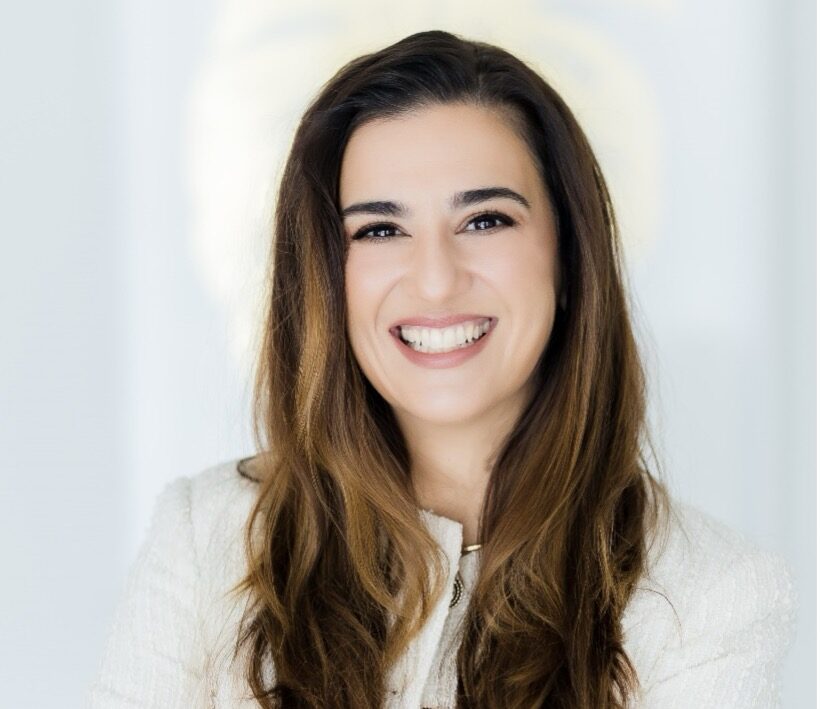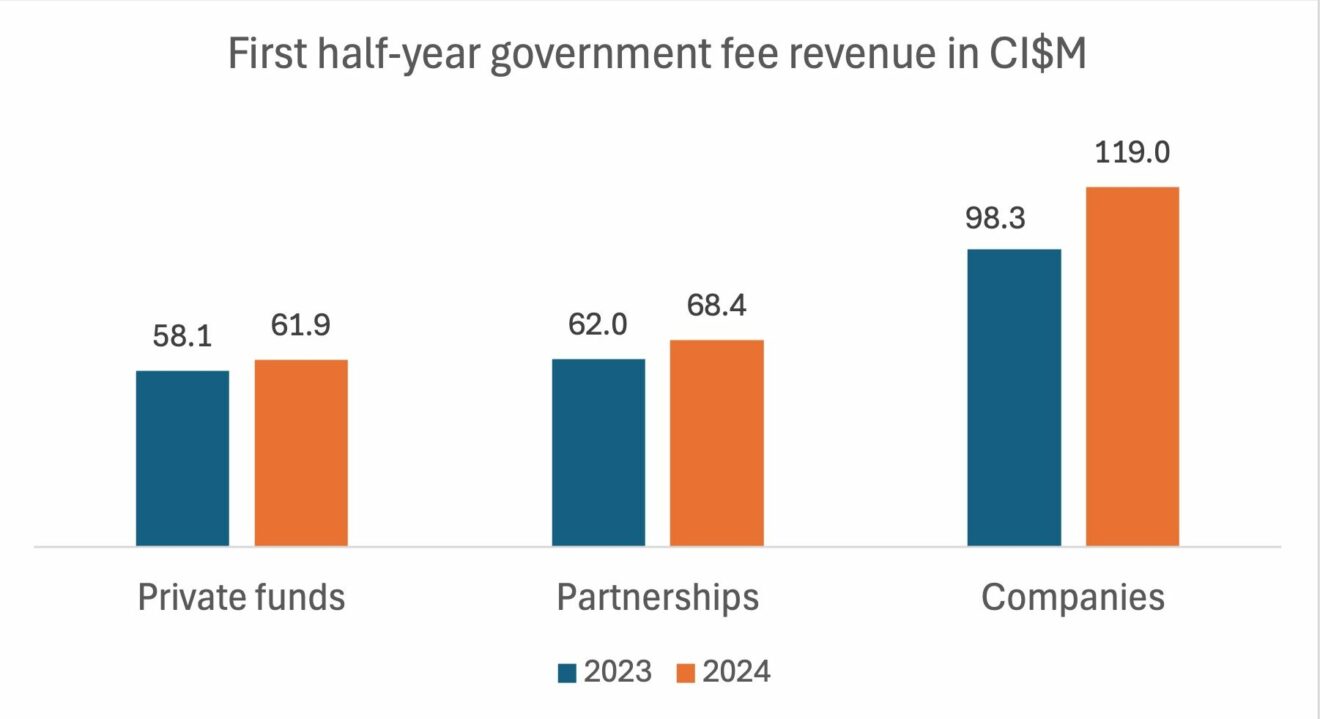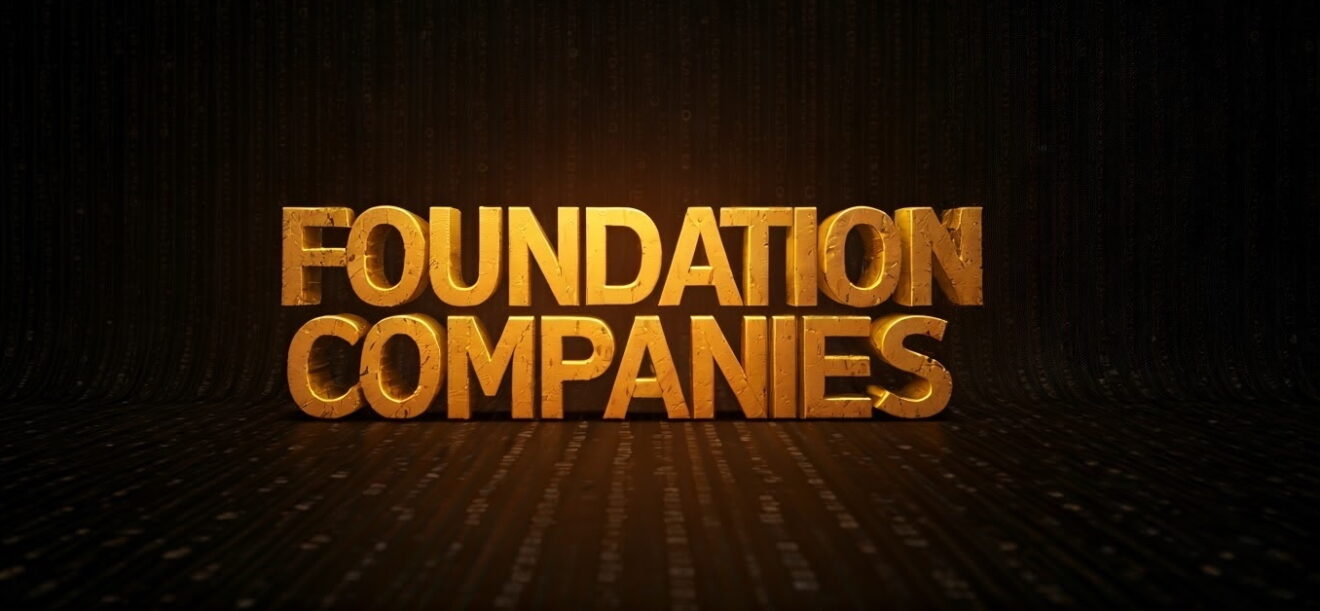
Over the past decade, digital assets have moved from the fringes of finance to the forefront of innovation.
Cryptocurrencies like Bitcoin and Ethereum and Solana, once considered speculative ventures, are now attracting serious attention from institutional investors, sovereign wealth funds, and family offices alike.
Blockchain, the technology underpinning these digital currencies, has proven itself as a revolutionary force in how we store and exchange value. For family offices that manage long-term, multi-generational wealth, dismissing digital assets as a passing trend is no longer an option.
In this article, we’ll explore why digital assets should not be ignored and why there need to be unique safeguards when investing in this asset class or holding it in trust.
More than just a fad
Despite early skepticism, the longevity of cryptocurrencies and blockchain technology demonstrates their staying power. Far from being a fleeting trend, digital assets are evolving into a legitimate asset class. Understanding the fundamental principles behind these technologies is key to appreciating their potential.
Blockchain is a decentralised, immutable ledger that records transactions transparently and securely. This technology eliminates the need for intermediaries and increases trust in the system. Digital assets including tokens, DeFi applications, NFTs, tokenised real-world assets, and other classes of digital assets, which operate on these networks, derive their value from market demand, like other asset classes like precious metals or equities.
For family offices, the appeal of blockchain lies in its potential to transform traditional financial systems and create new opportunities for wealth generation. The argument for viewing digital assets as more than speculative investments is increasingly clear. As blockchain technology matures, it will likely play an even more significant role in sectors ranging from finance to supply chain management. This positions digital assets as an investment category that can no longer be ignored.
Moreover, the introduction of the virtual machine and smart contracts on the Ethereum network and others which have followed opens the door to digitisation of finance and money, disintermediation and has the possibility to remake the financial system as we recognise it.
Why family offices should include digital assets in their portfolios
Family offices are well-versed in managing diverse portfolios, often comprising real estate, equities, bonds, private equity, and alternative investments like art or commodities. Including digital assets in this mix offers an opportunity for further diversification, particularly in the face of uncertain global economic conditions.
The potential upside of digital assets, particularly during periods of macroeconomic instability or inflation, makes them attractive for family offices seeking alternative stores of value.
Moreover, while these returns come with heightened volatility, for family offices willing to take a calculated risk, the reward potential is significant.
Safeguards: Mitigating risks in the digital asset space
Investing in digital assets also requires a thorough understanding of the risks involved. While this asset class presents new opportunities, it also poses unique challenges. Family offices must take extra precautions when venturing into this space, especially given the security and technical complexities associated with managing digital assets.
- Due diligence: Just as family offices conduct thorough due diligence when investing in private equity or real estate, they must also assess the credibility and security of the platforms or exchanges where they buy, sell, and store digital assets. Ensuring that counterparties are properly vetted, regulated, and offer transparency is key to minimising risk.
- Security and custody: Safeguarding private keys—the codes that grant access to digital assets—is critical. Family offices should utilise institutional-grade custodians when making their selections. Alternatively, MPC (multi-party computation) solutions which are encryption-based platforms that allow for private keys to be split amongst users, are far more secure than storing private keys in conventional ways.
- Governance: Within the family office structure, governance becomes critical when managing digital assets. Whether a single family member oversees the investment or a team of professionals, the office needs to establish clear protocols for investment decisions, security measures, and reporting. This is especially true if trustees or fiduciaries are involved, as they must act in the best interests of beneficiaries while navigating unfamiliar territory. The Cayman Islands has emerged as a global hub for digital assets offering a favorable regulatory environment and robust legal framework for blockchain innovation. Fortunately, the jurisdiction is teeming with professionals both in the legal governance space who understand this asset class and how to protect it.
Holding digital assets in trust
As family offices begin incorporating digital assets into trusts, new challenges arise in terms of asset instability, compliance, and fiduciary duty. Trusts, designed to preserve wealth for future generations, must account for the volatile nature of digital assets.
Unlike traditional assets such as stocks or real estate, cryptocurrencies can experience extreme price fluctuations within short periods. Trustees must take this into account when investing the trust’s assets.
The future of digital assets in family offices
The rapid institutionalization of digital assets is undeniable. What began as a niche market is now evolving into a mainstream asset class, with major financial institutions offering crypto services, and governments exploring the creation of central bank digital currencies (CBDCs). Family offices that adapt now will be well positioned for the future.
As the landscape continues to evolve, family offices must stay informed, work with experts, and develop governance frameworks that allow them to safely and effectively incorporate digital assets into their wealth management strategies. With proper safeguards, digital assets can offer family offices an exciting avenue for both growth and diversification.

Patrizia Bruzio is a director at Leeward Management Limited.
C +1 345 916 7176
E pbruzio@leeward.ky


